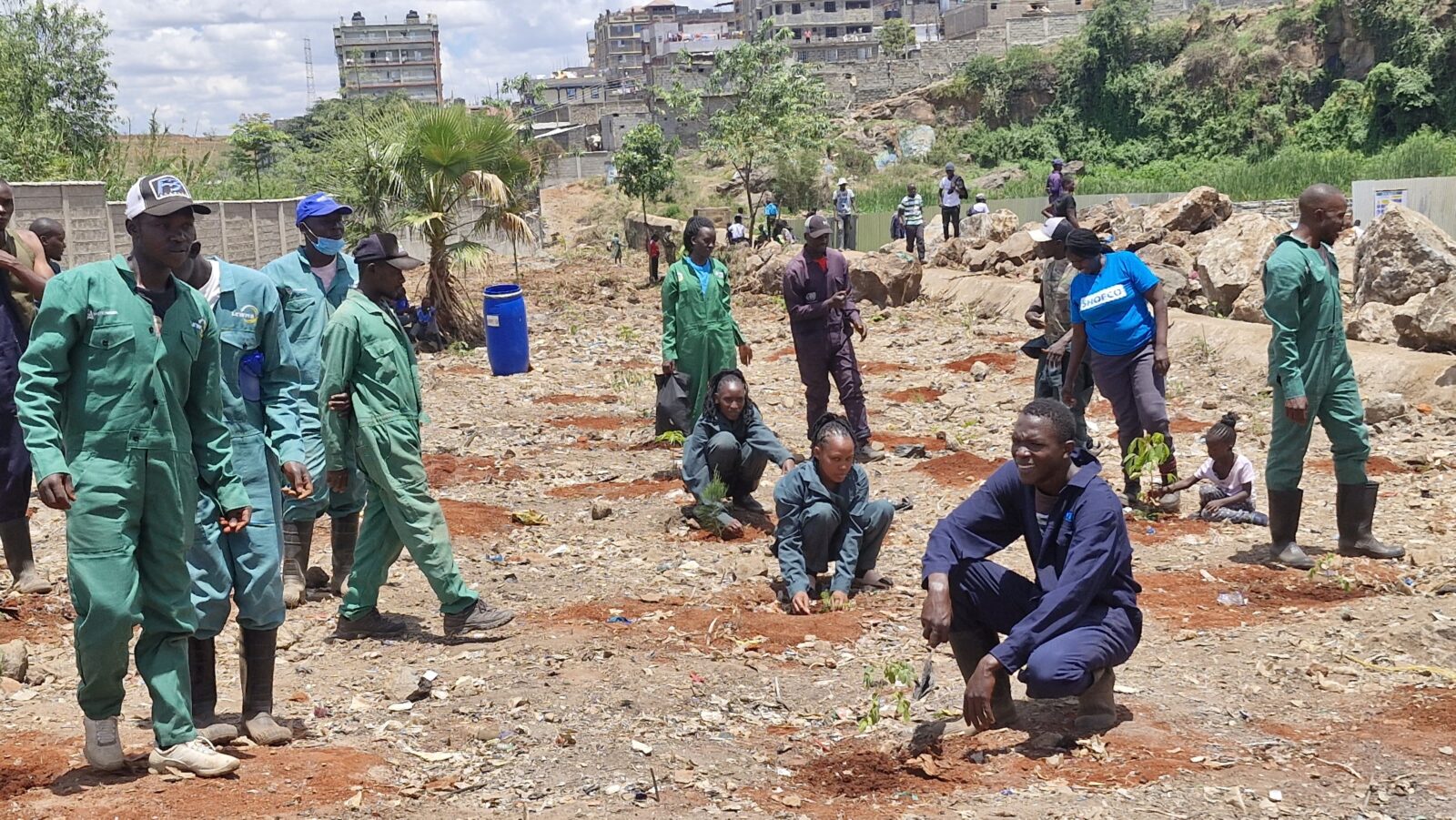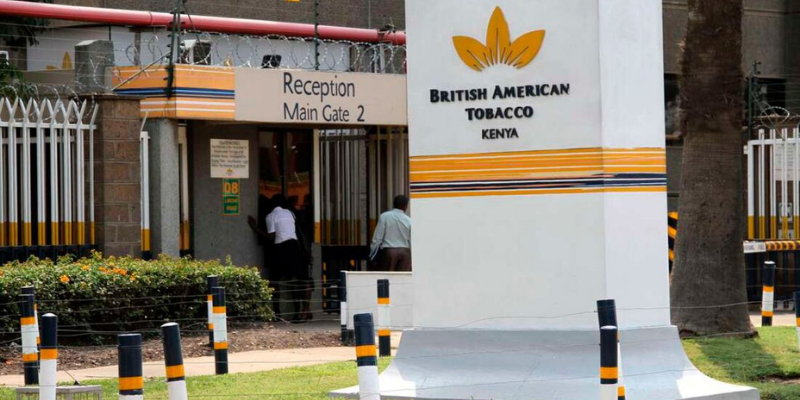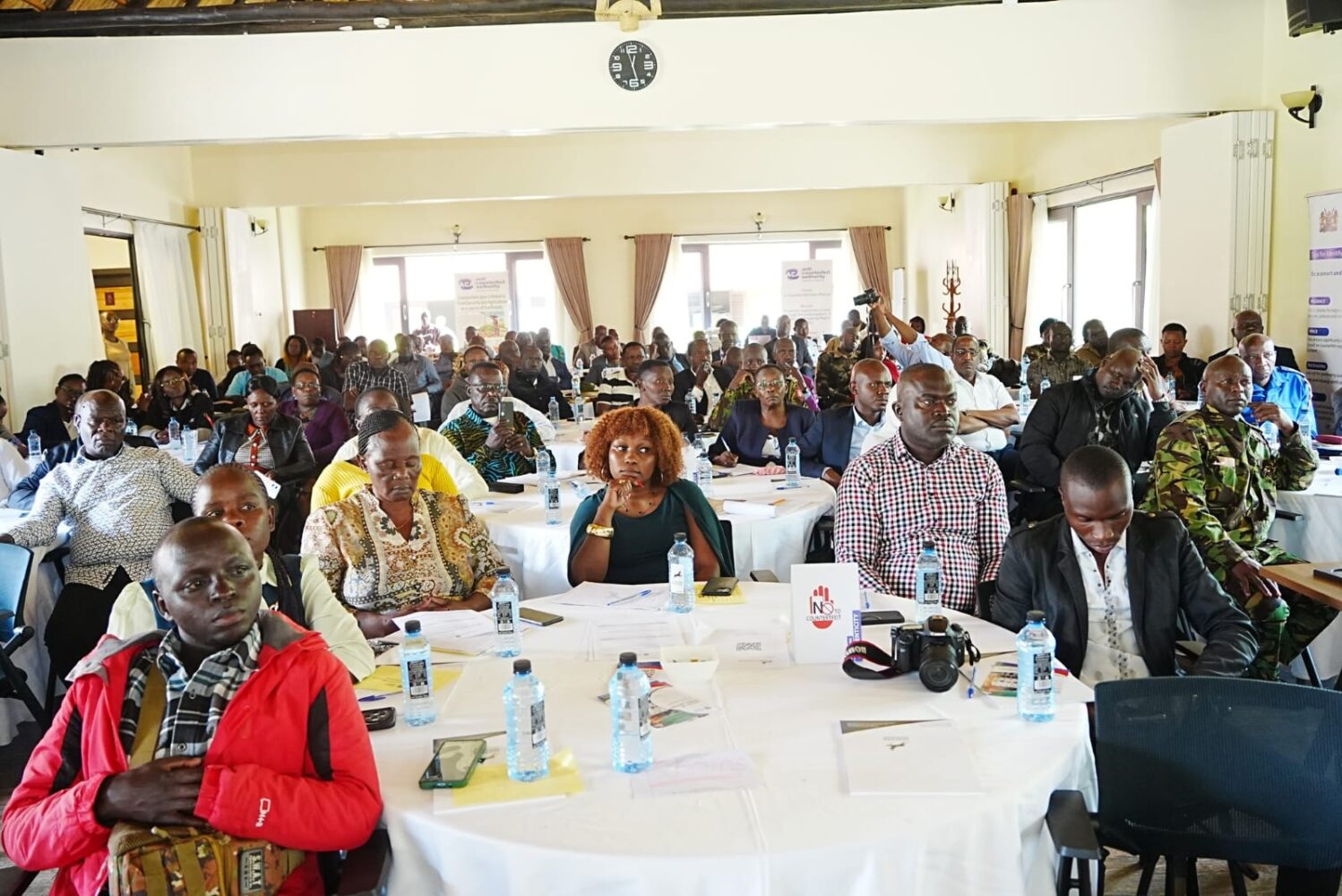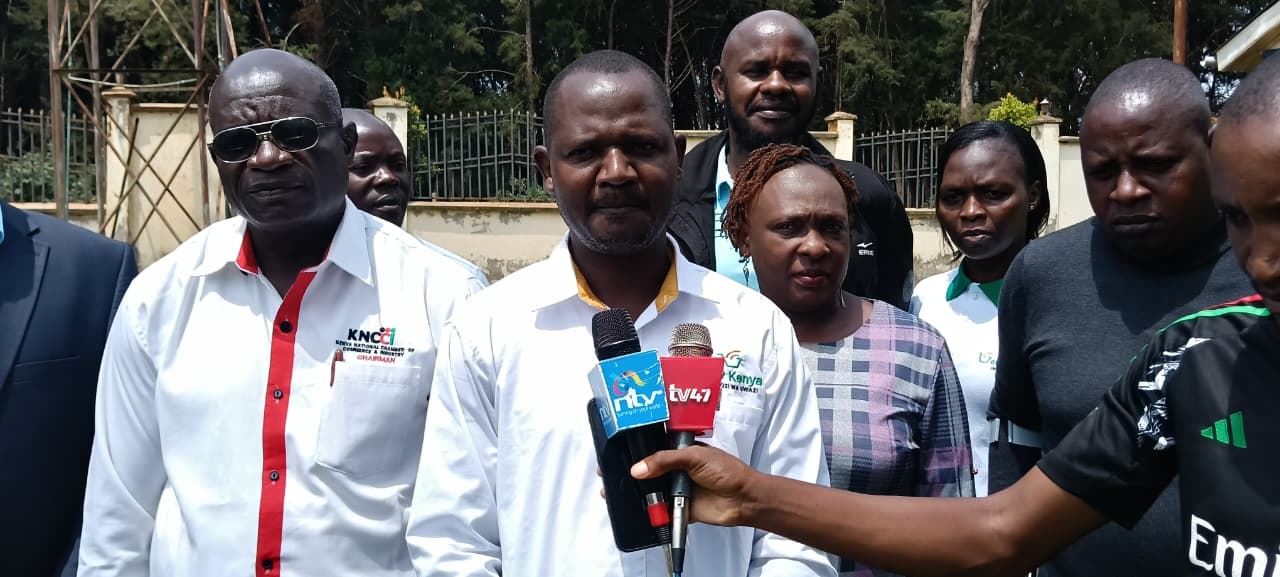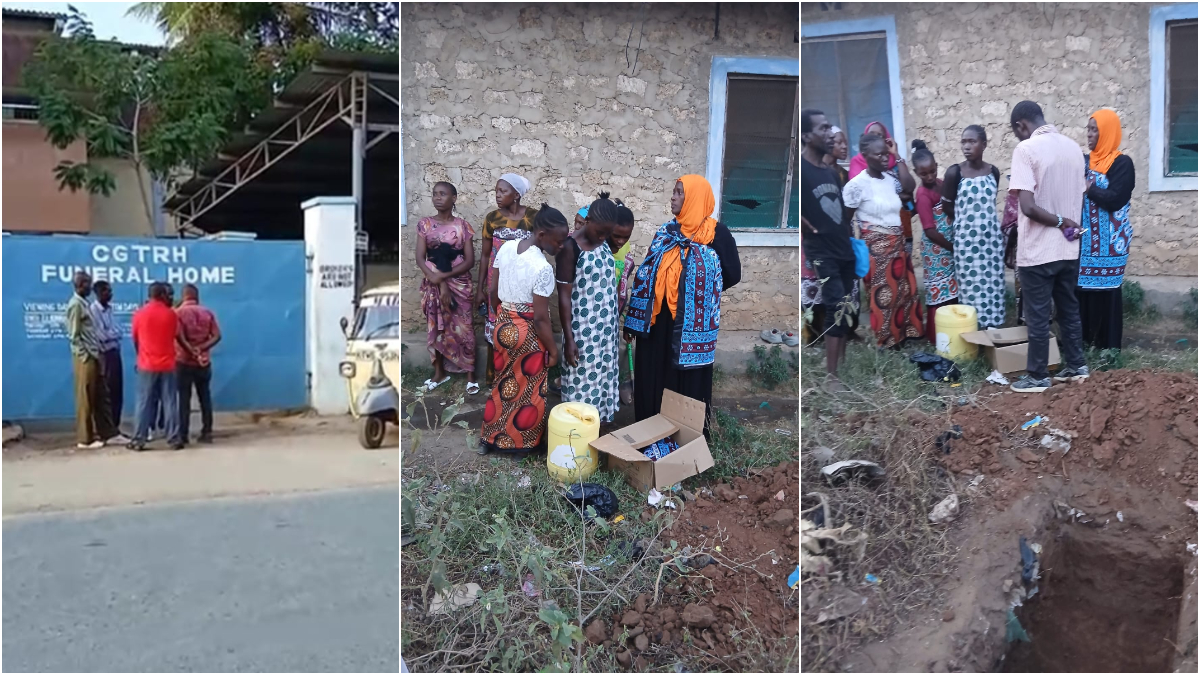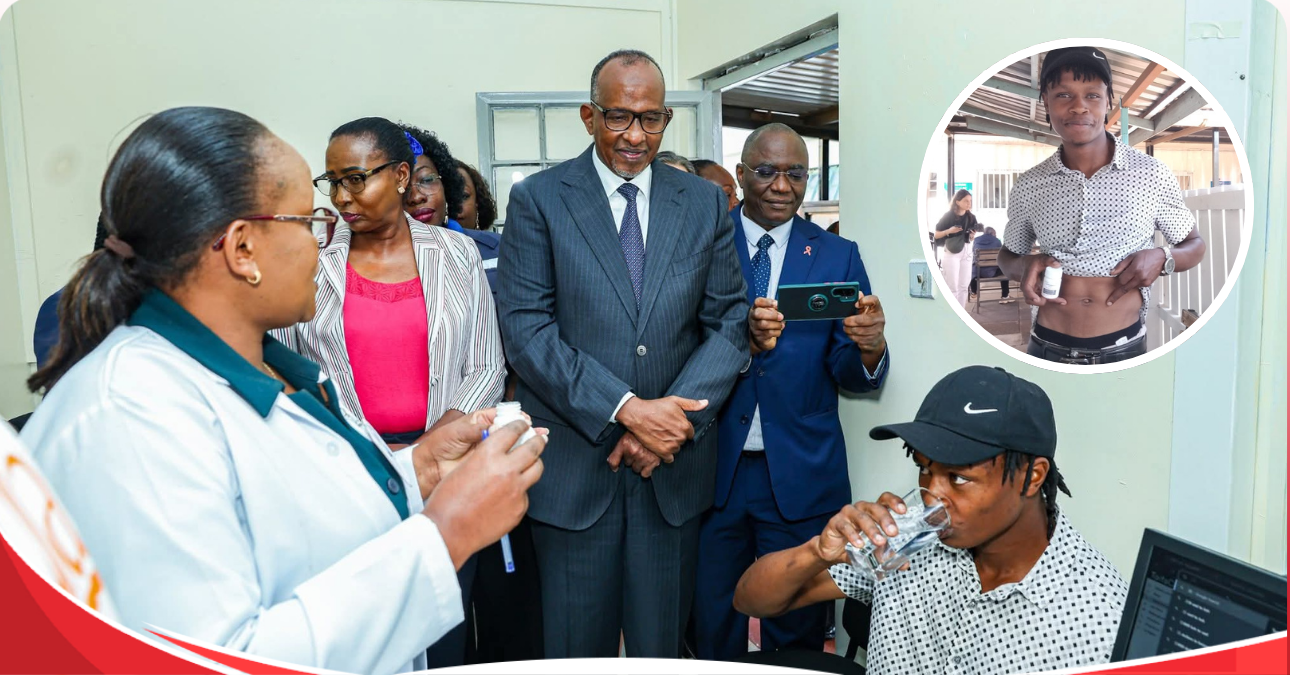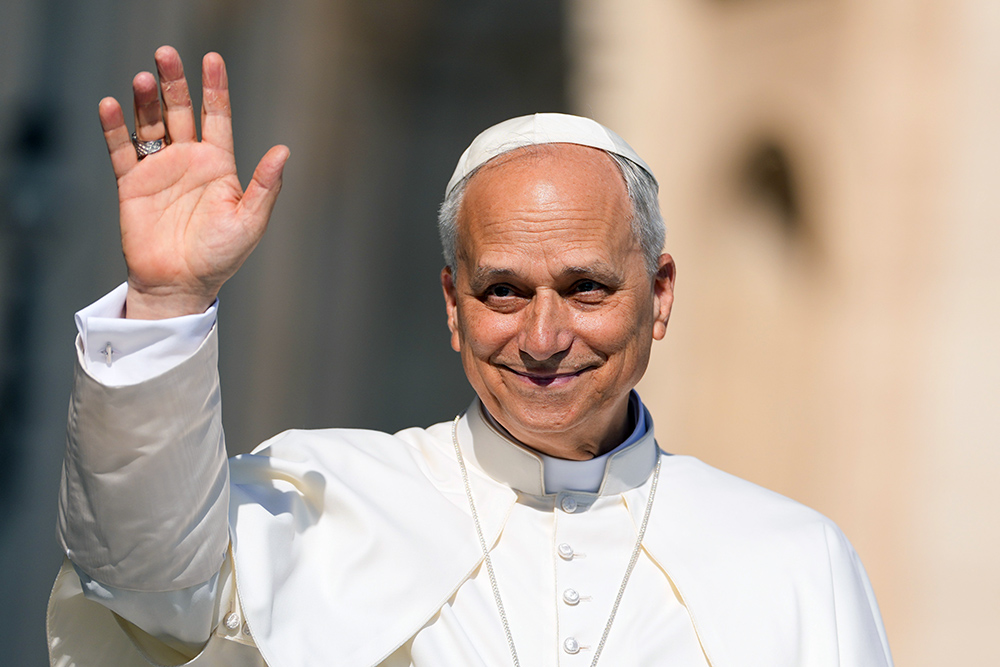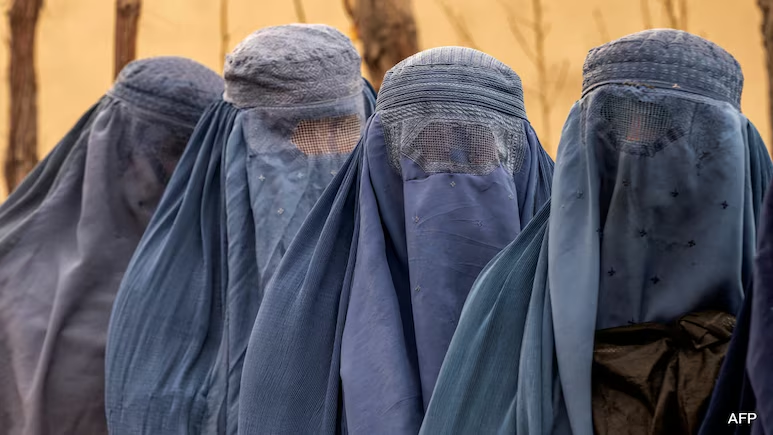Shining Hope for Communities (SHOFCO) on Friday led a massive community-driven tree-planting exercise across seven counties to mark Mazingira Day, reaffirming its commitment to environmental protection and grassroots climate action.
The coordinated activity, held under the theme Citizen- Centric Tree Growing and Environmental Stewardship, brought together more than 16 community-based organisations (CBOs) in Nairobi, Siaya, Homa Bay, Kakamega, Busia, Kisumu, and Mombasa.
The goal was to plant over 10,000 indigenous and fruit trees in public spaces, schools, riverbanks, and community grounds.
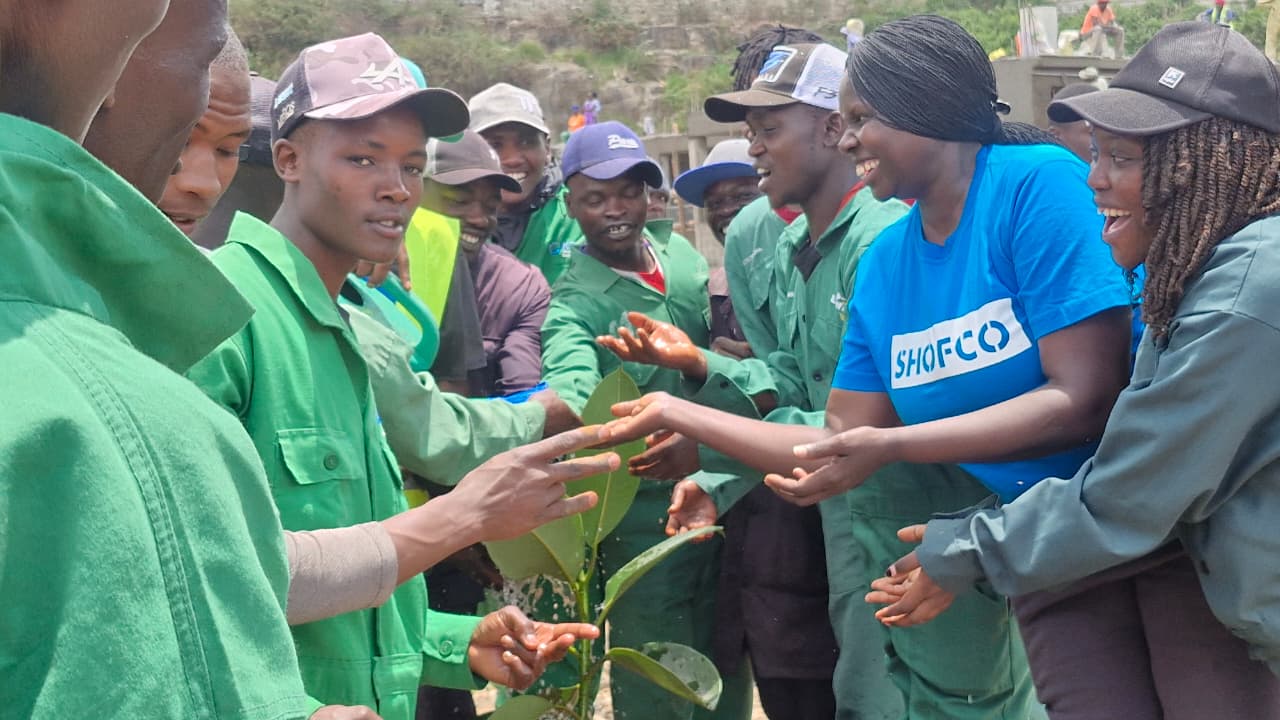
Speaking in Nairobi, SHOFCO Founder and CEO Dr. Kennedy Odede said environmental protection must begin at the grassroots level, where climate change impacts are most deeply felt.
“Tree planting is not just a one-day activity; it’s a movement of hope and resilience. When communities take charge of their environment, they not only fight climate change but also restore dignity and health to their neighbourhoods.
“Mazingira Day is a reminder that protecting the earth starts with us — in our homes, schools, and local streets,” Dr. Odede said.
He added that SHOFCO’s environmental initiative integrates job creation and education, providing training for youth in nursery management, waste recycling, and environmental monitoring in partnership with CBOs across Kenya.
“Our goal is to empower local champions to protect their own environment. These are the people who will water and guard these trees long after after today,” he noted.
Samuel Otieno, a member of Luckysummer Environment & Waste Management Organization (LEWMO), said the joint effort with SHOFCO is a model of community ownership in climate action.
“For too long, environmental work has been left to government agencies and NGOs, yet communities live with the daily effects of pollution, poor drainage, and deforestation.
“By joining hands with SHOFCO, we’re showing that local people can drive lasting change. We’re cleaning our neighbourhoods, planting trees, and making waste management a community business, not a burden,” Otieno said.
In Ruaraka, hundreds of residents, schoolchildren, and youth volunteers turned up with hoes and watering cans, transforming once-dusty fields and roadside spaces into vibrant green corridors.
The seedlings planted included indigenous species such as croton, acacia, and podo, as well as fruit trees like mango and avocado to boost food security and shade cover.
Ruaraka Member of Parliament TJ Kajwang, who joined the community for the planting, praised the CBOs for demonstrating how citizen-led initiatives can complement government programmes such as the national 15 billion trees by 2032 campaign.
“What these community groups are doing is the real meaning of Mazingira Day. Environmental change will not come from top-down orders alone — it must be powered by people who live here.
“The government must now step in to support such groups with resources, tools, and protection for the planted areas,” Kajwang said.
Kajwang urged local authorities to integrate community-based environmental programmes into county planning, noting that informal settlements often lack green infrastructure despite being most vulnerable to climate shocks.
Across the seven counties, SHOFCO’s network of SHOFCO Urban Network (SUN) volunteers coordinated similar events. In Nairobi, SHOFCO led Kio Cha Jamii CBO in Kawangware, Andolo Bridge Community (Kibera), Kamukunji Environmental Conversation Champions (Kamukunji), and Amplify Hope Africa (Kibera).
Residents participating in the event expressed pride in taking part in an initiative that combines environmental protection with local empowerment.


